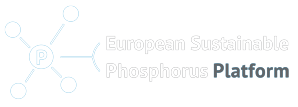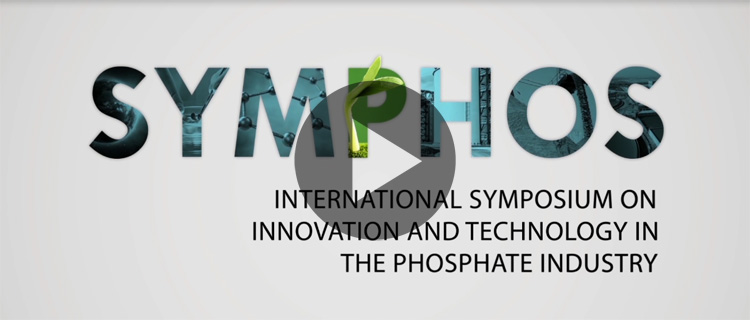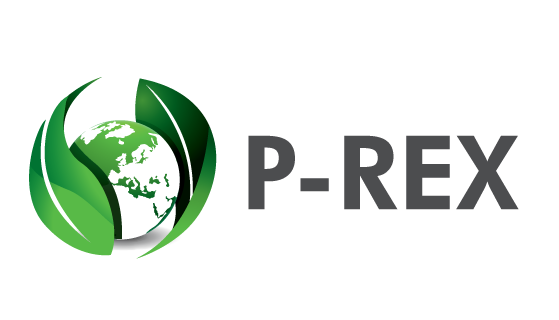Previous spotlight
ESPP - IFOAM European organic farming stakeholder meeting
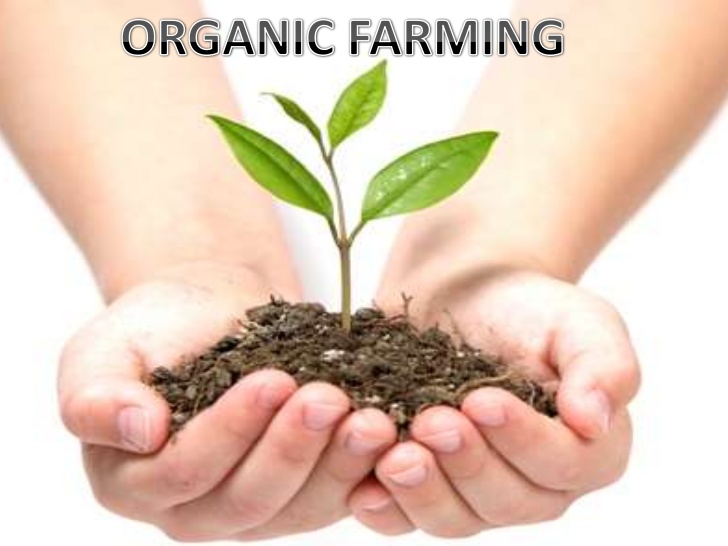
Stakeholder meeting on
Acceptance and value of recycled
fertilisers in organic farming
12th December – Brussels.
Registration:
www.eventbrite.ca/e/recycled-nutrients-and-organic-food-tickets-38702699817?aff=es2
Read previous SPOTLIGHT features.
Everglades Foundation George Barley Water Prize - Stage 2 US$ 80 000 prize
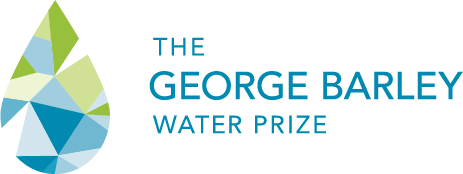 Now open for submissions – deadline to request materials = 15th July 2017
Now open for submissions – deadline to request materials = 15th July 2017
Stage 2 of the Everglades Foundation George Barley Water Prize is currently open for applications for teams capable of testing their solution for two consecutive weeks processing c. 24 litres/hour (see exact specifications in application materials). Applicants will submit daily inflow and outflow samples from their technology. A total of $80,000 will be awarded in November of this year to the top 3 teams in Stage 2. You can apply to stage 2 whether or not you applied to stage 1. The deadline to request Stage 2 application materials is 15th July 2017 and the deadline to submit applications is 31 August 2017. Beyond Stage 2, the Pilot Stage, the third stage of the George Barley Water Prize, will qualify 10 teams to compete at a Pilot location in Canada in early 2018, with awards totalling $800,000. Finally, the Grand Prize will see the top 4 teams compete in Florida for the ultimate $10 million award. Information www.barleyprize.com
WETSUS (NL) is George Barley Water Prize stage 1 winner
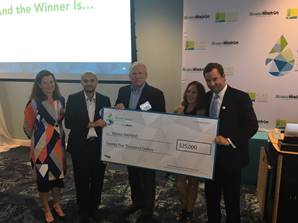
The George Barley Water Prize (Everglades Foundation) has named its first winner as WETSUS Netherlands, with the NaFRAd project (Natural Flocculation Reversible Adsorption). WETSUS (European Centre of Excellence for Sustainable Water Technology) takes home the US$ 25 000 prize for the Prize Stage 1. After winning Stage 1, the Wetsus team is now preparing its submission for the second stage which requires testing and demonstrating at the laboratory lab scale. Stage 2 of the Prize is open to organisations worldwide, whether or not they participated in Stage 1. Deadline: 15th July 2017. See more information here.
Outcomes online ESPP conference Phosphorus stewardship in industrial applications
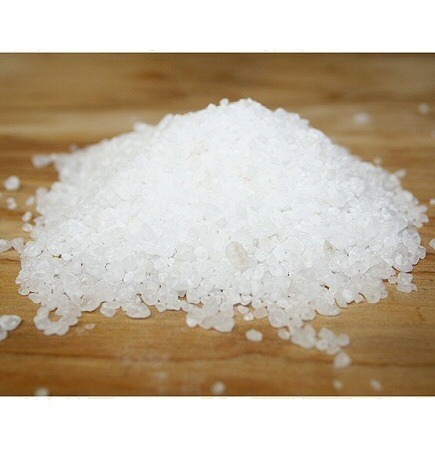
The presentations of the ESPP conference on Phosphorus stewardship in industrial applications (01-12-2016) are now online here. The report of the conference is published as a SCOPE newsletter article "Phosphorus in the chemicals industry".
1st December ESPP General Assembly “Phosphorus stewardship in industrial applications”
 European Sustainable Phosphorus Platform (ESPP) General Assembly focussing on Phosphorus stewardship in industrial applications will be held on Thursday 1st December, Brussels, within the First EU Raw Materials Week. Success stories and innovation in P stewardship in industry will be presented and areas for possible research or value-chain collaboration will be identified. Programme and registration here.
European Sustainable Phosphorus Platform (ESPP) General Assembly focussing on Phosphorus stewardship in industrial applications will be held on Thursday 1st December, Brussels, within the First EU Raw Materials Week. Success stories and innovation in P stewardship in industry will be presented and areas for possible research or value-chain collaboration will be identified. Programme and registration here.
27 October ESPP workshop Pharmaceuticals in sewage biosolids

ESPP is organising a workshop on “Pharmaceuticals and organic chemicals in sewage biosolids: questions for recycling”, Malmö (near Copenhagen) 27th October 8h00 – 12h00, in cooperation with the Nordic Phosphorus Conference, 27th October (12h00) – 28th 13h30 (same venue). See Facebook event page. More info here.
27 October ESPP workshop Pharmaceuticals in sewage biosolids

ESPP is organising a workshop on “Pharmaceuticals and organic chemicals in sewage biosolids: questions for recycling”, Malmö (near Copenhagen) 27th October 8h00 – 12h00, in cooperation with the Nordic Phosphorus Conference, 27th October (12h00) – 28th 13h30 (same venue). See Facebook event page. More info here.
Summary ESPP meeting on EU Fertiliser Regulation revision
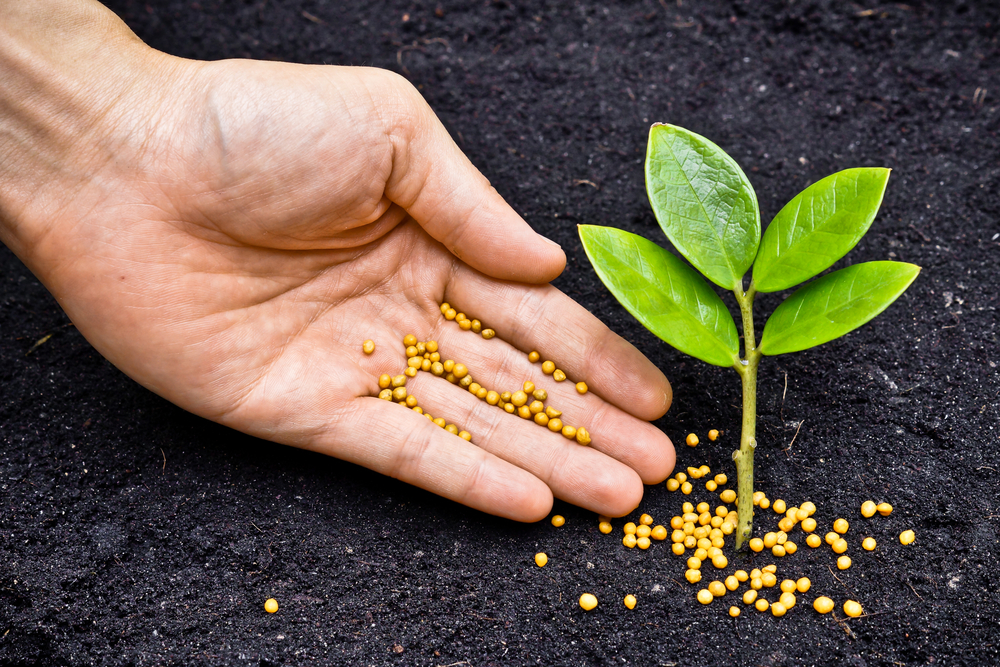
Summary of the ESPP working meeting on the EU Fertiliser Regulation revision, held Brussels 29 June 2016, can be downloaded here. Presentation by the European Commission and other stakeholders are included as annexes. Background information of the workshop can be found here. See also other inputs of ESPP to the Fertiliser regulation revision process in the Regulatory Activity section.
Join our nutrient recycling R&D list and event:
www.phosphorusplatform.eu/scope-in-print/news/1500-nutrient-recycling-r-d-list-and-events
ESPP is developing an online listing of R&D projects addressing nutrient recycling, in order to facilitate exchange and knowledge transfer between projects and with potential user companies for recycling technologies and recycled nutrient products. In order to bring together nutrient recycling R&D and user industries.
In order to bring together nutrient recycling R&D and user industries: European nutrient recycling event, Basel, 18th and 19th October: programme and registration (now open) www.nweurope.eu/phos4you
Read previous SPOTLIGHT features.
ESPP presentations now online on SlideShare
ESPP presentation UNIFA circular economy workshop from European Sustainable Phosphorus Platform
ESPP meeting on EU Fertiliser Regulation revision
ESPP will organise a technical meeting on recycled nutrient products in the proposed EU Fertiliser Regulation revision,
29th June 9:00-17:00, Brussels. If you wish to participate in this meeting please indicate to me your name and organisation
More information here.
Kick-off workshop ARREAU Struvite Recovery & Recycling Learning Alliance
Meet at 16 June 2016, Amersfoort, Netherlands, European struvite recovery operators willing to share their practical experience and learn more about running recovery technologies. This workshop will be linked to the official commissioning of the first WASSTRIP/PEARL/LYSOTHERM facility in the world.
More information at: http://www.eip-water.eu/arreau-struvite-recovery-recycling-learning-alliance
Outcomes Forum for Action - Recycle nutrients, clear the waters

Presentations, live stream and outcomes of the ESPP co-organized event "Forum for Action - Recycle nutrients, clear the waters" at 20 April in Helsinki, Finland can be found here: http://mmm.fi/en/recyclenutrients
Forum for Action - Recycle nutrients, clear the waters

20 April, Hotel Scandic Park, Mannerheimintie 46, Helsinki, Finland.
Registration now open and program online.
You can present your experiments and experiences in nutrient cycling on the Forum of Solutions.
http://mmm.fi/en/recyclenutrients
DONUTTS - Data on Nutrients to Support Stewardship
 Adequate, up-to-date data, in a useable form, is essential to support nutrient stewardship decisions and investments, both for policy makers and for industry. Through the DONUTSS project, ESPP hopes to define how to ensure collection and management of nutrient data necessary to develop the bio-nutrient circular economy. A first workshop, Ghent (3-4 Sept 2015) brought together the European Commission services, data organisations, industry federations and scientists to discuss how to take this forward.
Adequate, up-to-date data, in a useable form, is essential to support nutrient stewardship decisions and investments, both for policy makers and for industry. Through the DONUTSS project, ESPP hopes to define how to ensure collection and management of nutrient data necessary to develop the bio-nutrient circular economy. A first workshop, Ghent (3-4 Sept 2015) brought together the European Commission services, data organisations, industry federations and scientists to discuss how to take this forward.
Join or support the DONUTSS consortium to ensure up-to-date nutrient data, in a useable form.
Follow this link to the DONUTSS workshop report and documents.
Circular approaches to P: EU Commission P-recycling report
The European Commission has published a report “Circular approaches to phosphorus, research to implementation”, presenting conclusions of the 4th March 2015 Berlin workshop on P-recycling.
The workshop was organised by the European Commission, P-REX and ESPP parallel to the ESPC2 (2nd European Sustainable Phosphorus Conference) and brought together 80 participants and 28 nutrient recycling projects (see list below). Initiatives present included R&D and demonstration projects funded by the EU (FP7, LIFE+, InterReg) as well as national funded projects and industry initiatives.
The workshop noted that some processes are already at the commercial production scale, e.g. processing manure to organic fertiliser, calcium silicate filter media for diffuse farm P-removal, struvite recovery, EcoPhos P-recovery from manure and sludge ash.
Participants underlined the need for policy support for phosphorus recycling and coherent interpretation of pertinent EU and national legislation as preconditions for widespread implementation.
The workshop identified the following R&D needs:
• Phosphorus flow studies (mass flows, characteristics), to identify points for P-recovery implementation
• Social science (attitudes, acceptance, choices) to accompany P-recycling implementation
• Actions covering the whole value-chain, from P-recovery to market of recycled P products
• Detection & risk assessment of organic contaminants in sewage sludge and recovered nutrient products
• Full-scale demonstration projects
• R&D to support standards, BAT, product criteria, best practices
• Coherency and interpretation of EU and national legislation
• Regional approaches and adapting to specific local situations or niche markets
• Clustering of projects and networking to enhance impact on policy, improve synergy and mutual learning and facilitate market uptake
“Circular approaches to phosphorus: from research to deployment”, 48 pages, European Commission Directorate-General for Research and Innovation 2015, ISBN 978-92-79-46827-8 http://bookshop.europa.eu/en/circular-approaches-to-phosphorus-pbKI0115204/ See also SCOPE Newsletter n° 113.
Kemira waste water treatment plant
EU consultation on Circular Economy
 The European Commission has opened (deadline 20th August 2015) a public consultation on the Circular Economy based on a proposed ‘Roadmap’ intending to make more ambitious the previous 2014 ‘Circular Economy Package’. This indicates that an Action Plan will identify key measures across the value chain, citing as possible specific areas of intervention waste management, development of markets for secondary raw materials (e.g. organic fertilisers) and critical raw materials (including phosphorus).
The European Commission has opened (deadline 20th August 2015) a public consultation on the Circular Economy based on a proposed ‘Roadmap’ intending to make more ambitious the previous 2014 ‘Circular Economy Package’. This indicates that an Action Plan will identify key measures across the value chain, citing as possible specific areas of intervention waste management, development of markets for secondary raw materials (e.g. organic fertilisers) and critical raw materials (including phosphorus).
Make your input to this consultation (individuals, organisation) by deadline 20/8/2015
SYMPHOS: The International Symposium on Innovation and Technology in the Phosphate Industry
18-20 May 2015, Marrakesh, Morocco
The International Symposium on Innovation and Technology in the Phosphate Industry, organised by the OCP Group, focuses on innovation, technology and current trends in processes to upgrade phosphates and derivatives and R&D prospects in the phosphate sector. The 3rd SYMPHOS will take place in Marrakesh, Morocco, 18-20 May 2015. Watch the video here below or on YouTube.
eMarket launched!
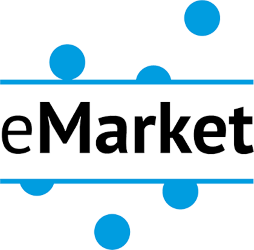
The eMarket platform enables match making between suppliers of recovered nutrients and potential end-users looking for secondary raw materials and products. The plattform is accessible through the ESPP website. The non-commercial plattform facilitates the market development for secondary nutrients. Interested companies, utilities, farmers and other nutrient suppliers or users are invited to register their offer or requirements online. Use and participation are free of charge with information/content given on voluntarily base. See how it works, and register as a user here. The eMarket has been developed within the P-REX project.
P-Recycling Summerschool
Students and young professionals discussed the possibilities of P-Recovery from the sewage sludge at the P-REX Summer school of September 2012 in Basel, Switzerland. The 3-day Summer school was accompanied by the i-net technology event concentrating on the P-recovery options in Switzerland.
Read more about the summer school and the technology-event at SCOPE N° 108, or at the latest Biorefine bulletin.
Full presentations of the technology event can be found here.
Sustainable Phosphorus Visions
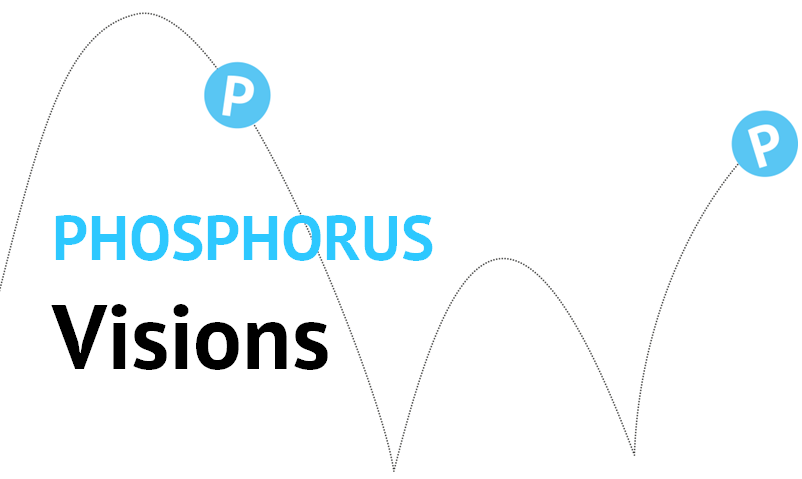
The ESPP’s call for texts received 110 contributions. The selection here is considered to best reflect the text call objective of ‘pathways to address the phosphorus challenge’. The articles present a wide range of ideas and opinions under categories ‘society‘, ‘policy‘, ‘recycling‘ and ‘agriculture‘.
Raw Materials Covenant for Phosphorus approved
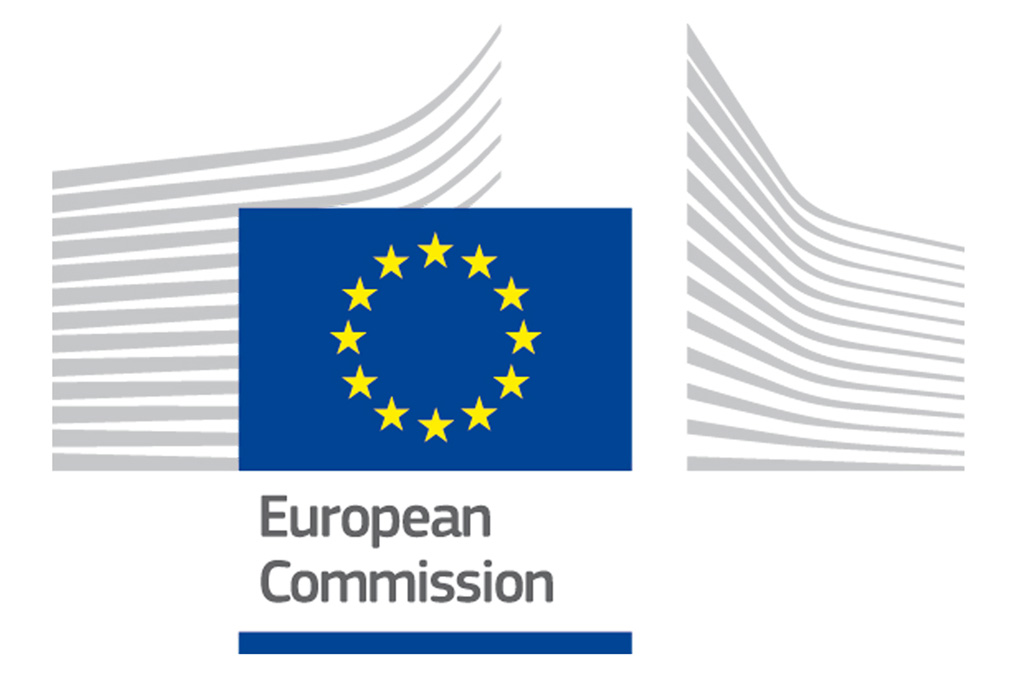
2/4/2014: The European commission has approved the “Commitment” for a Raw Materials Covenant (RMC) for a Circular Economy, taking local phosphorus recycling, reuse and efficiency as a leading example.
The Covenant is organised by ACR+ (Association of Cities and Regions for Recycling and sustainable Resource management www.acrplus.org ) and EPE (European Partners for the Environment www.epe.be ) and brings together cities and regions across Europe committed to implement the EU’s ‘EIP Raw Materials’ through efficient use of natural resources in a collaborative economy at territorial level, including resource efficiency agencies, new business models, local value chain cooperation, Business Clubs and “Benchmarks of Excellence”. Large companies and local businesses, farmers, utility companies, Poles of Excellence and other stakeholders will be involved.
Local sustainable phosphorus management will be a flagship project for the RMC Covenant, and the ESPP (European Sustainable Phosphorus Platform) will assist cities and regions in defining guidelines for local policies, tools and objectives for phosphorus flow assessment, reuse and recycling and use efficiency.
Participating cities and regions already include: Ile de France, Lapland, Athens, Alsace, Brittany Region (Bretagne), Rhône-Alpes, Lombardy, and others are invited to now join the project in preparation for the formal Covenant signature with the EU later this year.
Towards a North America P sustainability partnership
 First steps are being taken to organise stakeholder cooperation and facilitate value-chain development for sustainable phosphorus management in USA + Canada.
First steps are being taken to organise stakeholder cooperation and facilitate value-chain development for sustainable phosphorus management in USA + Canada.
At the 2nd P-RCN meeting (see SCOPE Newsletter 100 under ‘Downloads’) key stakeholders identified the need to go beyond the coordination of research and to actively develop sustainable phosphorus management and the business value chain. The development of such a “partnership” is seen as one long-term outcome of the 5-year P-RCN project. The operational form of the “partnership” remains to be defined (network, structure, cooperation platform …), probably with regional implementation in different zones of the USA and Canada. Motivated P-RCN participants are now contacting frontrunner companies and organisations to initiate a pre-launch phase to mobilise interested parties, define the project objectives, organisation, feasibility and funding.
Interested companies and structures should contact Jim Elser, Arizona State University, P-RCN lead investigator see SCOPE Newsletter 100 under ‘Downloads’ at http://www.phosphorusplatform.org/downloads.html.
Phosphorus Summit
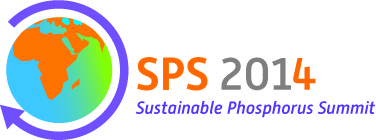 The 4th Sustainable Phosphorus Summit will be held in Montpellier, France on 1st to 3rd of September 2014. The Summit contributes to solving the phosphorus challenge by defining the global research priority agenda for phosphorus-related issues. Themes covered include global phosphorus cycle, sustainability and phosphorus resources. Special consideration will be given to the phosphorus efficiency in agriculture, as well as phosphorus in food and wastes.
The 4th Sustainable Phosphorus Summit will be held in Montpellier, France on 1st to 3rd of September 2014. The Summit contributes to solving the phosphorus challenge by defining the global research priority agenda for phosphorus-related issues. Themes covered include global phosphorus cycle, sustainability and phosphorus resources. Special consideration will be given to the phosphorus efficiency in agriculture, as well as phosphorus in food and wastes.
Online registration for the event is open at sps2014.cirad.fr. See programme here.
